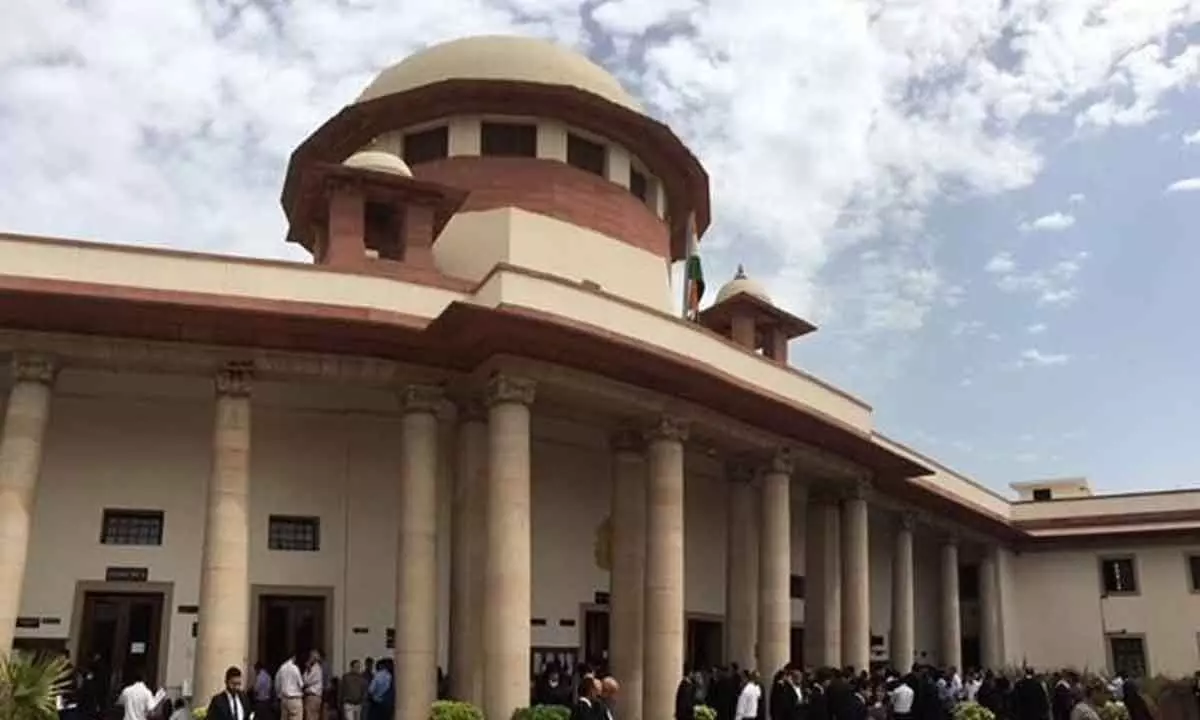Governors not elected authorities: Trend of Guvs acting only after states approach courts must stop says Supreme Court

New Delhi: State Governors must not be oblivious of the fact that they are not elected representatives of the people, the Supreme Court said on Monday as it voiced concern over Raj Bhavans not acting on bills passed by state legislatures and directed Solicitor General Tushar Mehta to place on record the details of action taken by Punjab Governor Banwarilal Purohit on the bills cleared by the Assembly.
Tendering advice that a little bit of soul-searching by Governors is needed, a bench headed by Chief Justice DY Chandrachud said they must act on bills before the matters reach the apex court. The apex court also criticised the state government for reconvening the Assembly session, which was adjourned sine die in March, as an extension of the Budget Session in June.
Solicitor General Tushar Mehta, appearing for the Punjab Governor, told the bench that Purohit has taken action on the bills placed before him and that the plea filed by the Aam Aadmi Party (AAP) government in the state is an unnecessary litigation.
"Governors must act even before the matter comes to the Supreme Court. This has to come to an end when Governors act only when matters reach the Supreme Court... The SG says the Punjab Governor has taken action and an updated status report will be placed in a few days. Let the plea be listed on Friday and let the court be apprised of the action taken by the Governor," the bench, also comprising Justices JB Pardiwala and Manoj Misra, said.
As the hearing began, senior advocate Abhishek Singhvi, appearing for the Punjab government, said it is a very strange case where the Governor has kept back seven bills including those related to fiscal management and education.
He said the bills were sent for the Governor’s consideration in July and his inaction has affected governance.
Referring to the top court’s judgment in the Nabam Rebia case, Singhvi claimed the Governor does not have the authority to withhold bills in this fashion.
The Supreme Court, while deprecating the delay in the Governor approving the bills, also criticised the Punjab government over the manner in which the Assembly was reconvened. The court noted that the Assembly was adjourned sine die on March 22, 2022 without being prorogued and it was reconvened. Pointing out that the Budget Session virtually merged with the Monsoon Session, the court wondered if it was the scheme of the Constitution.
The Punjab government had moved the top court over alleged delay in Governor Banwarilal Purohit giving assent to bills passed by the state Assembly. The plea said such “unconstitutional inaction” has brought the entire administration to a “grinding halt”.
It said the Governor cannot indefinitely sit over the bills as he has restricted powers under Article 200 of the Constitution, which deals with the Raj Bhawan occupant’s power to give or withhold assent to a bill or reserve a bill for the President’s consideration.
The Punjab Governor is involved in a running feud with the Aam Aadmi Party (AAP) government led by Chief Minister Bhagwant Mann.


